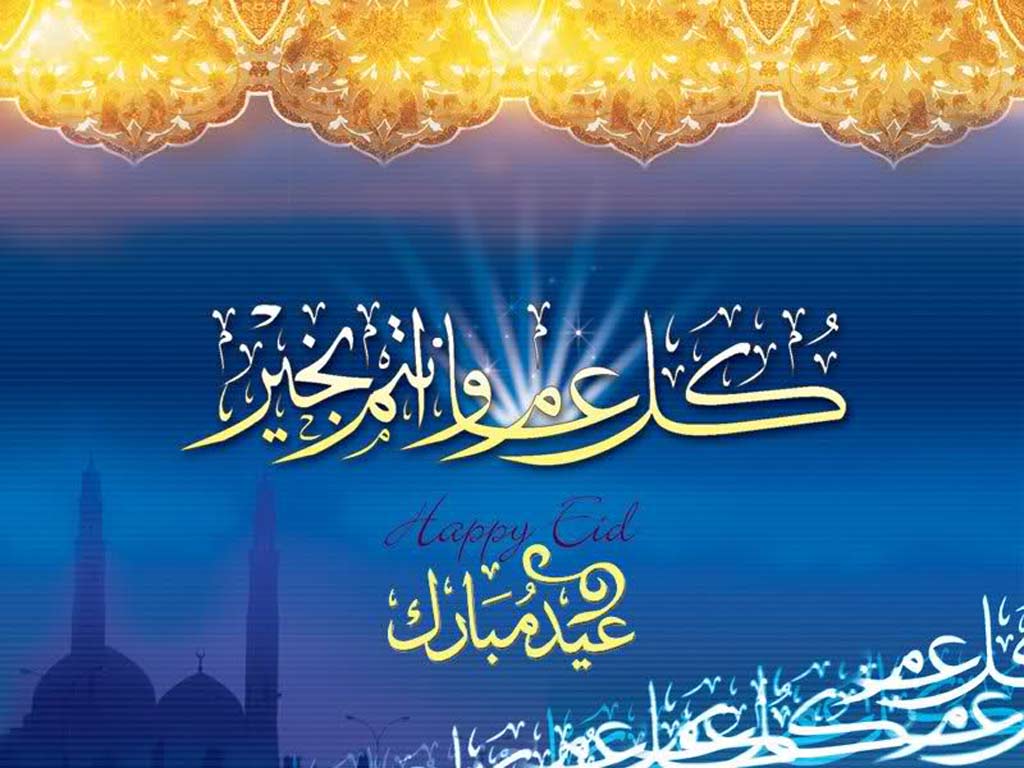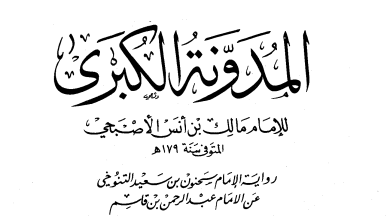Al-‘Usul (Islamic Legal Maxims) of Imam al-Karkhi (d. 340 AH)
The following is an English translation of a classical work on Islamic legal maxims known as Usul al-Karkhi by Imam Abul Hasan al-Karkhi (d. 340 AH) of Baghdad, Iraq. The appreciation and understanding of these maxims is a requirement to truly extract the correct judicial rulings from the four sources of Islamic law: The Qur’an, Sunna, Ijma and Qiyas.
This edition was rendered into English by Justice Munir Ahmad Mughal from the Punjab University Law college in Lahore, Pakistan. He mentioned the following in his abstract (see link below to download the work):
Abstract:
Before the establishment of Pakistan the slogan of all Muslims in India was: Pakistan ka matlab kiya La Ilaha Illallah–Muhammadur Rasulullah. By the Grace of Allah Almighty, the struggle of the Muslims under the leadership of Quaid-i-Azam Muhammad ‘Ali Jinnah, Pakistan was established as a national homeland for the Muslims on 14th of August 1947. The object of establishment of Pakistan was that the Muslims in Pakistan would be enabled individually and collectively to order their lives in accordance with the teachings and tenets of Islam, as set out in the Holy Qur’an and Sunnah. The objectives resolution of March 12, 1949 was passed for the same reason.
Allamah Iqbal had said: “…And I have no doubt that a deeper study of the enormous legal literature of Islam is sure to rid the modern critic of the superficial opinion that the law of Islam is stationary and incapable of development…”
By the Grace of Allah during last fifty years we are heading towards the Islamization of Law in Pakistan. Institutions like the Islamic Research Institute, Islamic Ideological Council, International Islamic University, Federal Shari‘at Court, Shari‘at Appellate Bench of the Supreme Court, the Legislature, the enforcement of Islamic Laws are all proof of this sincere effort. Both the state as well as the public desire the implementation of Islamic Injunctions. The present work is a humble attempt in this regard. The oldest collection of Legal Maxims that has reached to us is the Risalah ’Usul, al-Karkhi (260AH-340AH).
By deep study of these ’usul it reveals that they are inclusive of qawa`id, dawabit, ’usul, and kulliyat. Some of them have the status of such general kulliyat that can be declared as the collective asset of Islamic Fiqh and some ’usul are such which may be useful in knowing the effective cause of fiqhi values and to know the solution of fiqhi problems according to the Hanafi way of proving a thing (istidlal) and the Hanafi style of logical deduction on a legal question (ijtihad) by a learned and enlightened doctor (Mujtahid).
Imam al-Karkhi is the author of the first existing book on legal maxims.
Probably, in the said legal maxims, seventeen maxims of Imam of Ahl al-Ra’i Abu Tahir al-Dabbas, Al-Hafiz, al-Qadi, Muhammad bin Muhammad are also included who was a contemporary of Imam al-Karkhi. But it is difficult to point out exactly as to which were those seventeen principles of al-Dabbas in the collection of Al-Karkhi.
“…The style of Imam Karkhi is that he states the legal maxim in a small sentence while Imam Nasafi gives brief example. The principle and the example are so concise that a person who is not well-versed in fiqh he is not in a position to easily get benefit of it. Here it should be remembered that the legal maxims of Imam Karkhi have undergone the process of refinement in the later centuries and almost all the maxims at present are not in their original shape that was given to them by Imam Karkhi. For instance, out of the ninety nine legal maxims given in Al-Majallah only one maxim (article no. 4 of Al-Majallah) is partially stated according to the form of the first maxim of Al-’Usul of Imam Karkhi. Otherwise, all the remaining maxims are present in Al-Majallah so far as their meanings are concerned, but the words and statements are not the same which were given to them by Imam Karkhi.”
Each legal maxim begins with the word “al-aslu” (pl. al-usul), which literally means the root, the basis, the fundamental principle. Technically, it would mean the “basic rule is” or “the presumption is” or “it is to be presumed”. The Messenger of Allah (peace and blessings of Allah be upon him) has said that wisdom is the lost property of every believer and wherever it is found he deserves the most to have it. To make use of the available treasures of Legal Maxims should be welcome provided always that it is not repugnant to the injunctions of the Holy Qur’an and the Sunnah. The criteria for all times to come and for all purposes shall remain: La ilaha illallah Muhammad ur-Rasulullah. “There is no God save Allah and Muhammad is the Messenger of Allah.”
O Allah! Send thy Blessings upon Muhammad and his family as thou sent blessings upon Ibrahim and his family. O Allah! Send thy benedictions on Muhammad and his family as thou sent benedictions on Ibrahim and his family.
With this view I have translated the Arabic version of Al-`Usul of Imam Karkhi into English so that the legal fraternity throughout the world may get benefit from the light available from this source and a comparative study may be possible for the research scholars in the East and the West.
Alexander David Russell and Abdullah al-Mamun Suhrawardy translated Bakurat al-Sa`d (First Steps in Muslim Jurisprudence) of Ibn Abu Zayd into English, which is a treatise on the Maliki law, and gave Arabic text along with the translation and gave two reasons. I also adopt the same reasons, which are reproduced with minor adaptations: (a) For the lawyer or administrator who is to take a useful part in the practical application of Muslim law, it is of the greatest importance, indeed one may almost say indispensable to have some acquaintance with the original…the fact must be recognized at the outset, that here is no shallow study to be taken up and mastered in a few weeks, but a vast science in which the genius of the same people which gave arithmetic, algebra, trigonometry, astronomy, optics, chemistry and medicine to the western world, and generally stood at the cradle of modern science, has exhibited in itself in all its power and exactitude. To acquire, therefore, the technology of the subject is the first and indispensable step towards sound knowledge; and for the encouragement of the beginner it may be added that, despite the marvelous and well-nigh inexhaustible richness of the Arabic language in the domain of belles lettres, the conventional language of Muslim law is by no means so copious or varied as to defy any really earnest student; while the justness and preciseness of its employment will even at an early stage rouse his appreciation. (b) It may be useful both for the English readers and the Arabic scholars.
Download link






